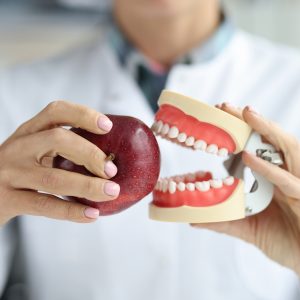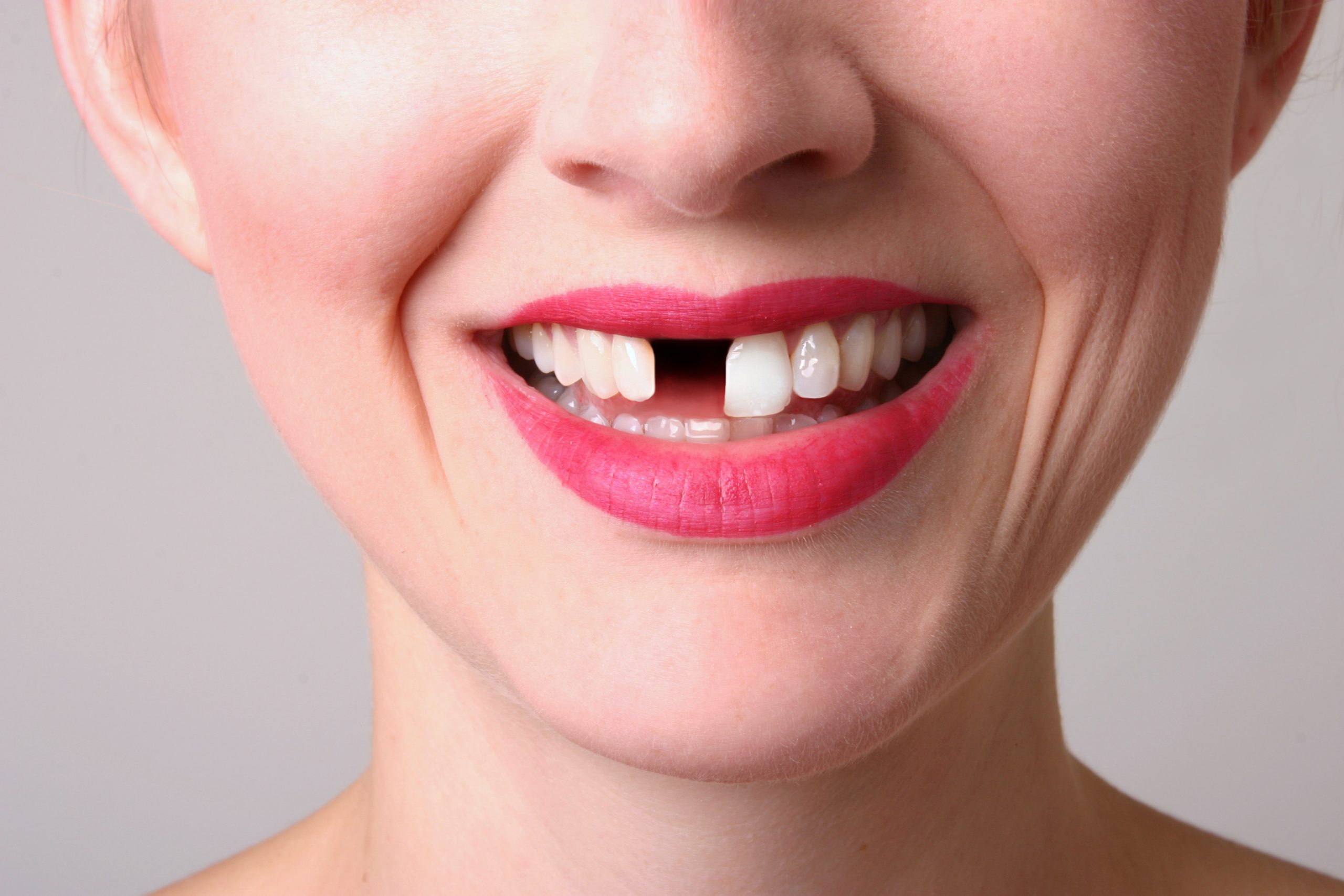What are the effects of losing teeth?
Losing teeth can have a wide range of effects, both physical and psychological, depending on the number of teeth lost, their position within your mouth, and whether the loss is addressed with dental treatment. Below are some of the main effects of losing teeth:
 Physical Effects
Physical Effects
- Impaired Chewing and Digestion
Missing teeth can make it difficult to chew food properly, leading to swallowing larger pieces of food, which may strain digestion and absorption of nutrients. - Speech Impairment
Loss of certain teeth, especially the front ones, can affect pronunciation and clarity, making it harder to form certain sounds (e.g., “s,” “f,” and “th”). - Changes in Facial Structure
Teeth provide structural support for facial muscles. Multiple missing teeth can lead to a sunken or aged appearance as bone loss progresses and cheeks lose support. - Bone Loss (Alveolar Resorption)
When a tooth is lost, the jawbone around it begins to shrink (resorb) because it is no longer stimulated by chewing forces. This can make rebuilding and restoring your teeth more difficult over time. - Shifting of Remaining Teeth
Neighbouring teeth may shift or tilt into the gap left by a missing tooth, leading to misalignment, bite problems (malocclusion), and uneven wear on teeth. - Increased Risk of Gum Disease and Tooth Decay
Gaps from missing teeth can trap food, making it harder to maintain oral hygiene, which increases the risk of decay and gum disease in adjacent teeth.
Psychological and Social Effects
- Reduced Confidence
Missing teeth, especially in visible areas, can impact self-esteem and cause extreme embarrassment in social situations or reluctance to smile. - Social and Professional Challenges
A gap-toothed smile can influence how others perceive someone in social or professional settings, potentially leading to stigma or biases.

Functional Effects
- Bite Issues
The loss of teeth can disrupt the balance of your bite, potentially leading to jaw pain, headaches, and temporomandibular joint (TMJ) disorders. - Dietary Restrictions
People with missing teeth may avoid certain foods, especially hard or chewy items, which could limit their diet and nutritional intake.
Long-Term Consequences
- Accelerated Ageing
Over time, missing teeth contribute to bone loss and facial collapse, which can make someone look older than they are. - Decreased Quality of Life
Combined functional, aesthetic, and psychological impacts can reduce overall satisfaction with life.
Solutions for Tooth Loss
To mitigate these effects, various dental solutions are available. These will be discussed in our next post but below is a summary of the main options:
- Dental Implants (preferred for long-term durability and prevention of bone loss)
- Bridges
- Dentures (partial or full)
- Orthodontics (to address shifting teeth)
Consulting a dentist promptly can help prevent many of the long-term consequences of tooth loss. If you would like further advice on this subject, please get in touch via our website https://www.charltonroaddental.co.uk/contact-us/
Remember to keep an eye out for our future posts via our socials and website.
Back to news index Physical Effects
Physical Effects

